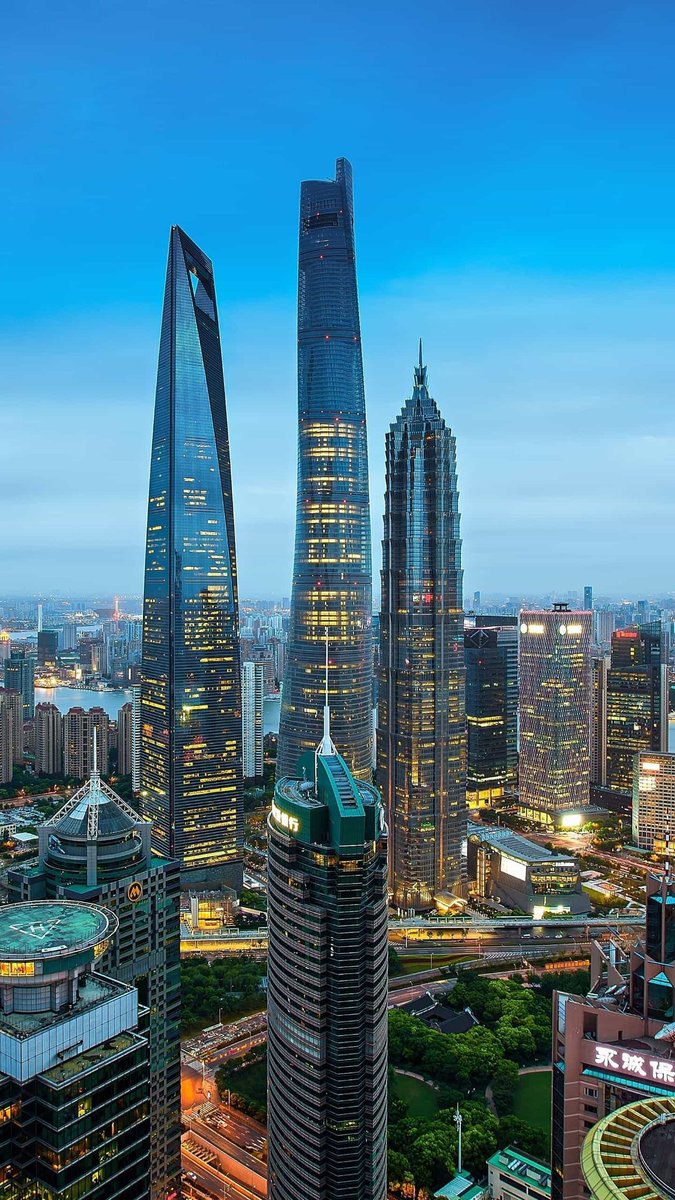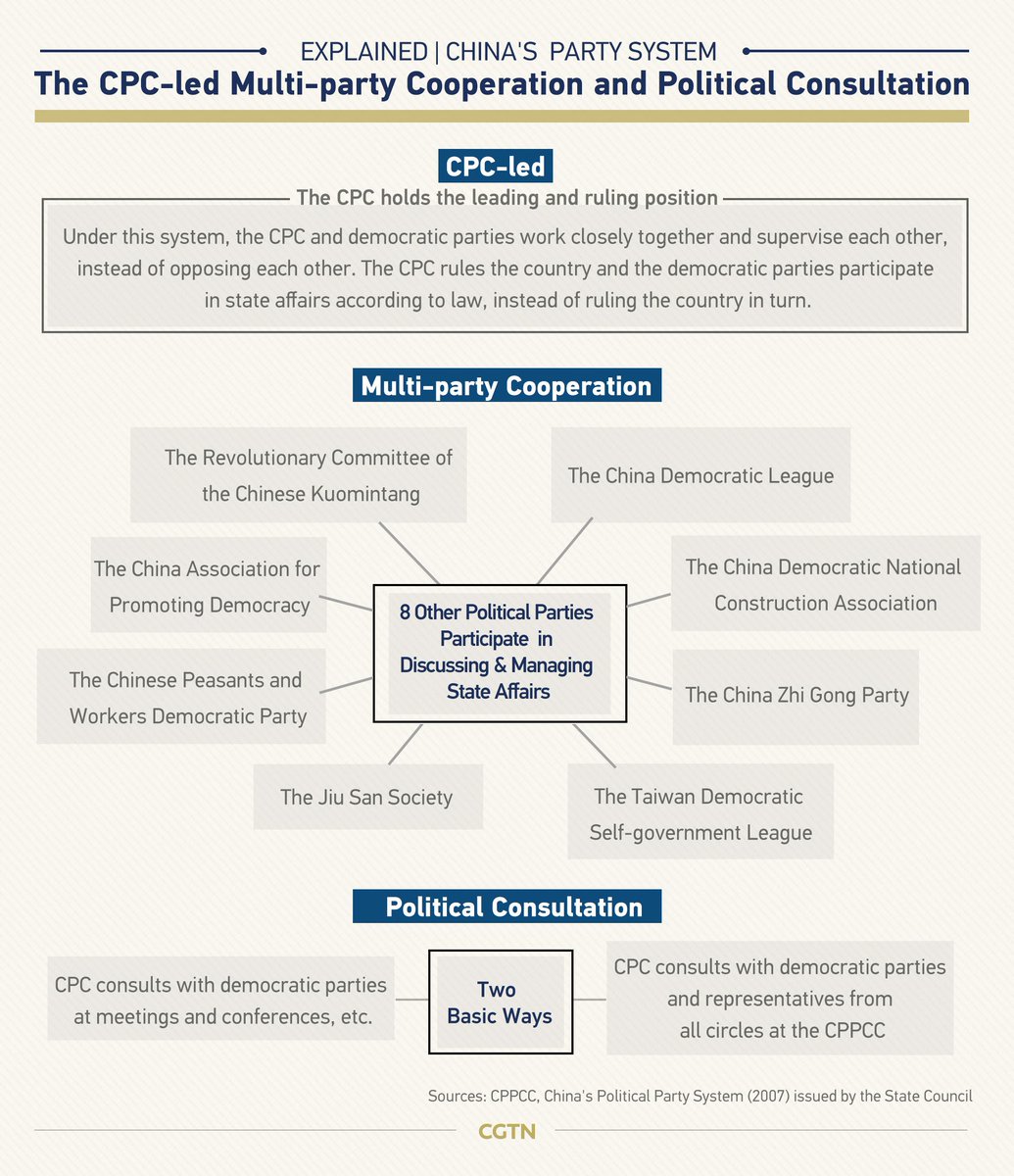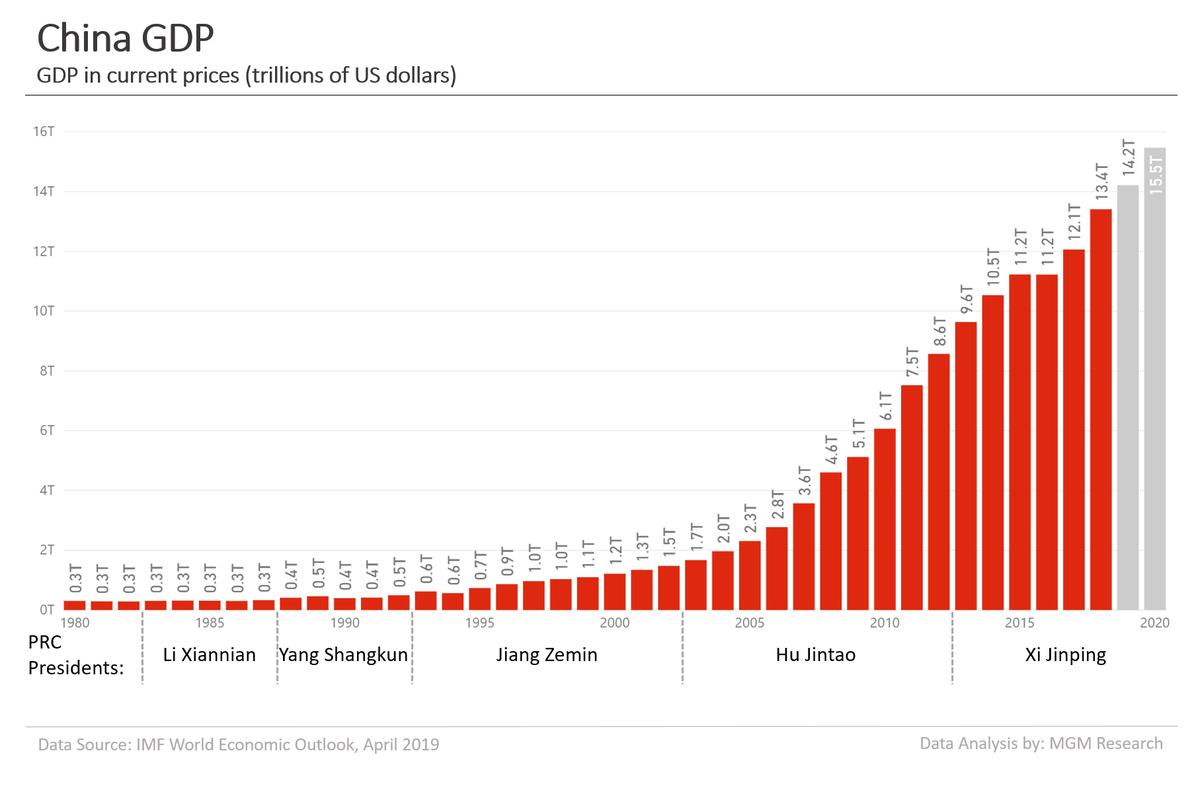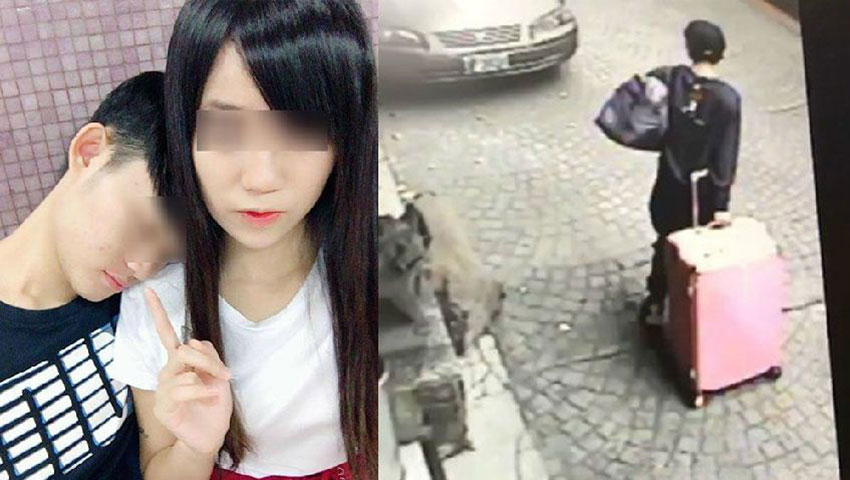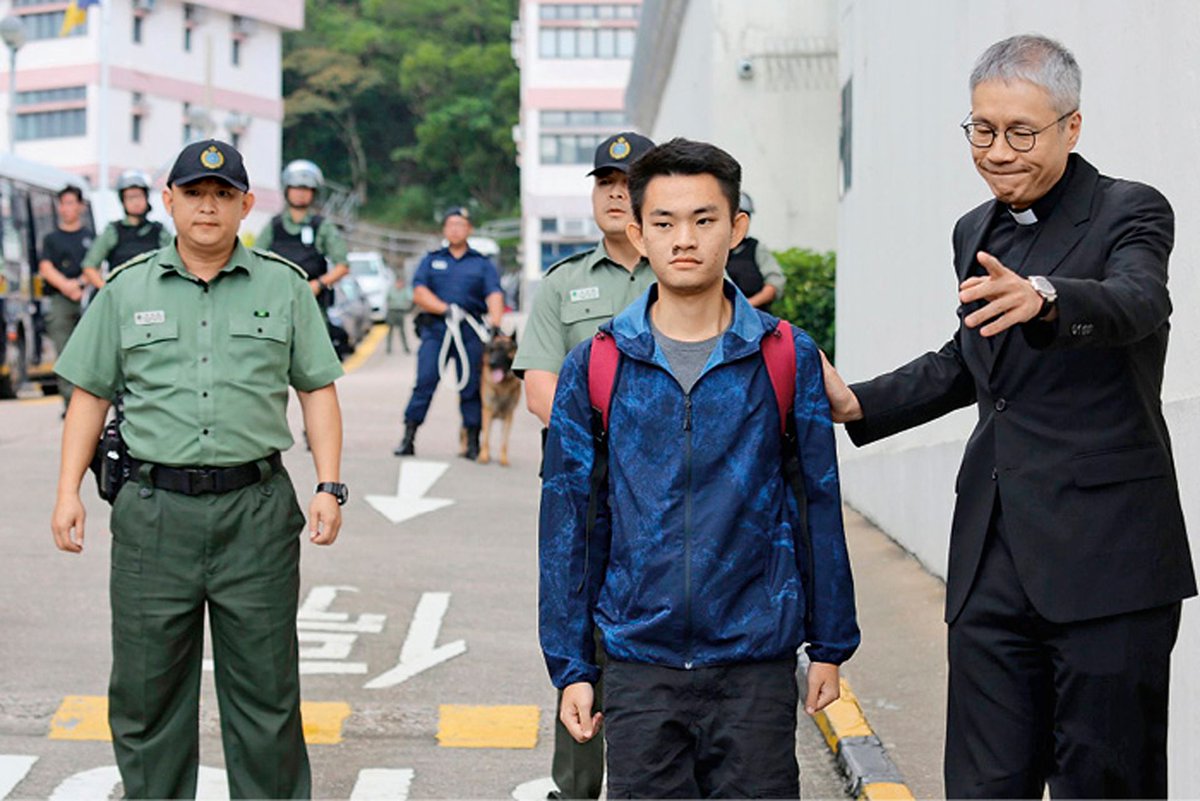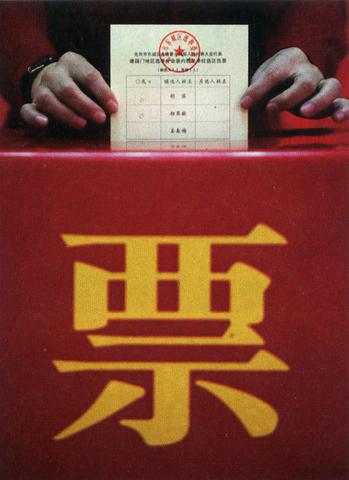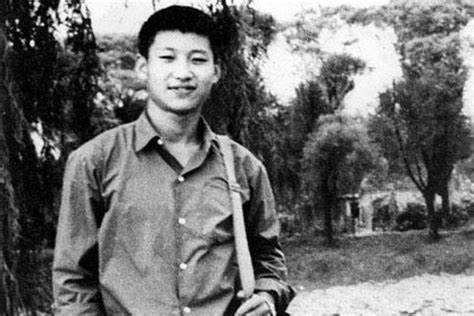
The CCTV's program is discussing China's eliminating poverty.
Today's theme is that govt should provide more sports facilities for remote areas and advocate healthier lifestyle.
China's experience is that eliminating poverty ≠ giving money, but providing sustainable solutions.
Today's theme is that govt should provide more sports facilities for remote areas and advocate healthier lifestyle.
China's experience is that eliminating poverty ≠ giving money, but providing sustainable solutions.
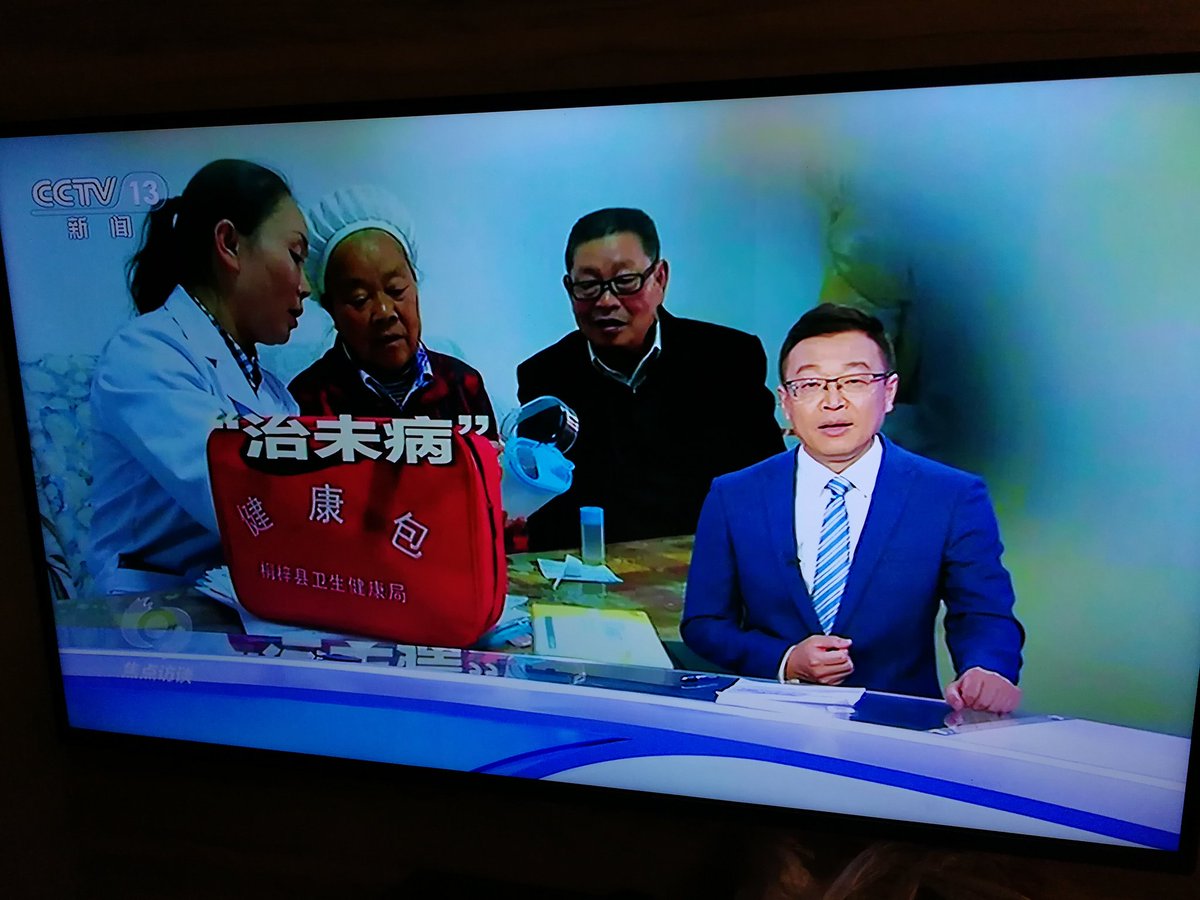
By the end of December 2019, China's rural poor people's participation in medical insurance rate has reached 99.99%.
More than 16 million poor people in China have received basic treatment services.
More than 16 million poor people in China have received basic treatment services.
The China govt has formulated a three-year action plan to achieve the overall goal of ensuring basic medical care for the rural poor.
There are three main goals, six special actions and ten working standards.
It's called "health poverty alleviation plan".
There are three main goals, six special actions and ten working standards.
It's called "health poverty alleviation plan".
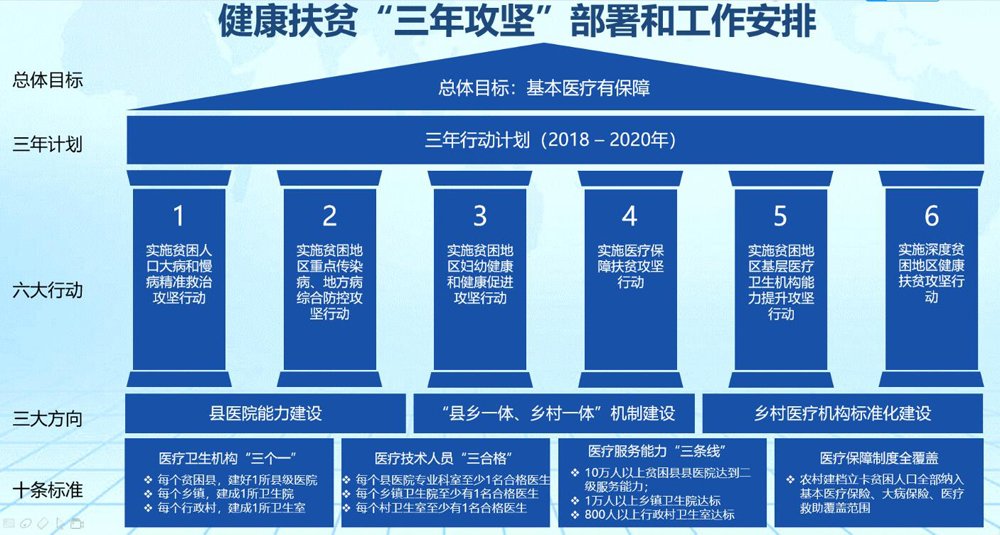
Since 2016, China's Health Commission, poverty alleviation Bureau and other govt departments have organized nearly one million staff to investigate the prevalence of poverty people in all rural areas, and establish data platform to achieve accurate management. 
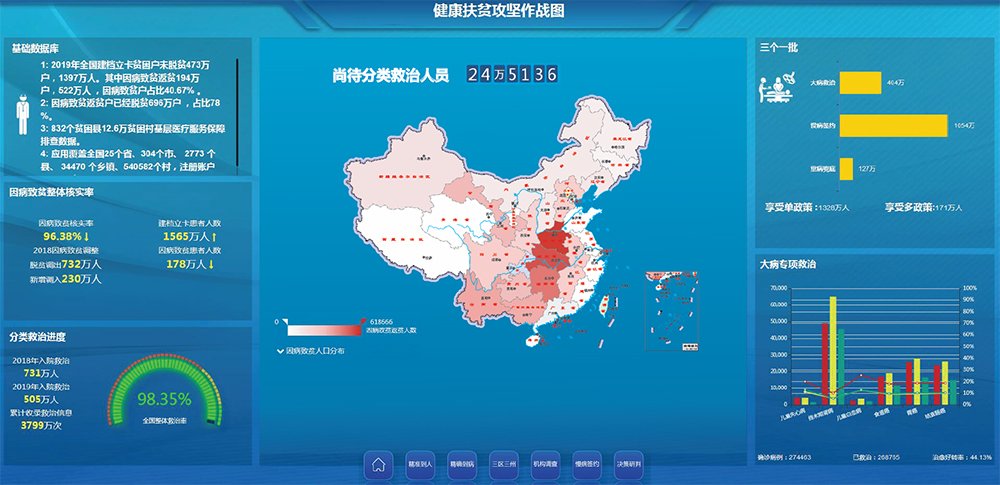
China has constructed a mechanism of basic medical insurance, serious illness medical insurance and medical assistance linkage system.
All the insurance level has been improved.
Within three years, the govt has subsidized more than 10 billion yuan.
All the insurance level has been improved.
Within three years, the govt has subsidized more than 10 billion yuan.
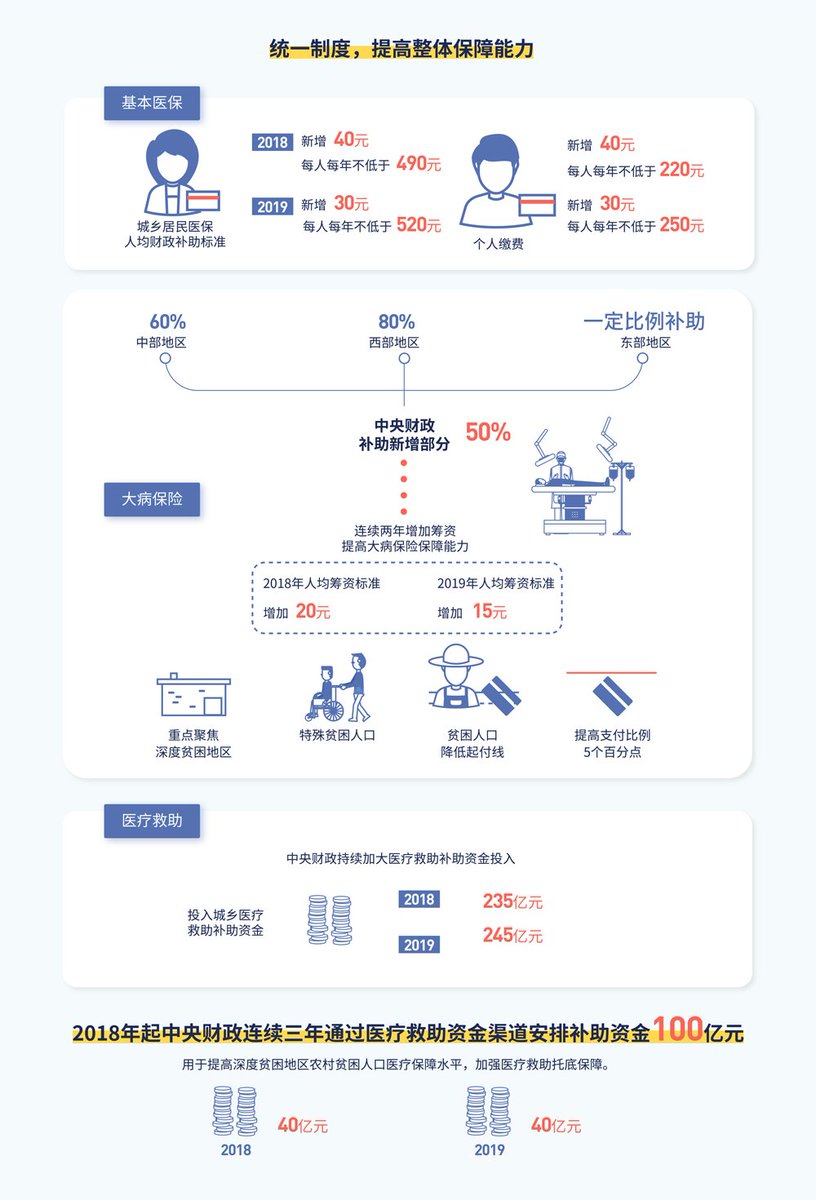
Within three years, the govt has invested 11.8 billion yuan to subsidize 76.74 million poor people to join medical insurance.
China has basically achieved full coverage of being triple-guaranteed, ensuring that all people have medical insurance.

China has basically achieved full coverage of being triple-guaranteed, ensuring that all people have medical insurance.
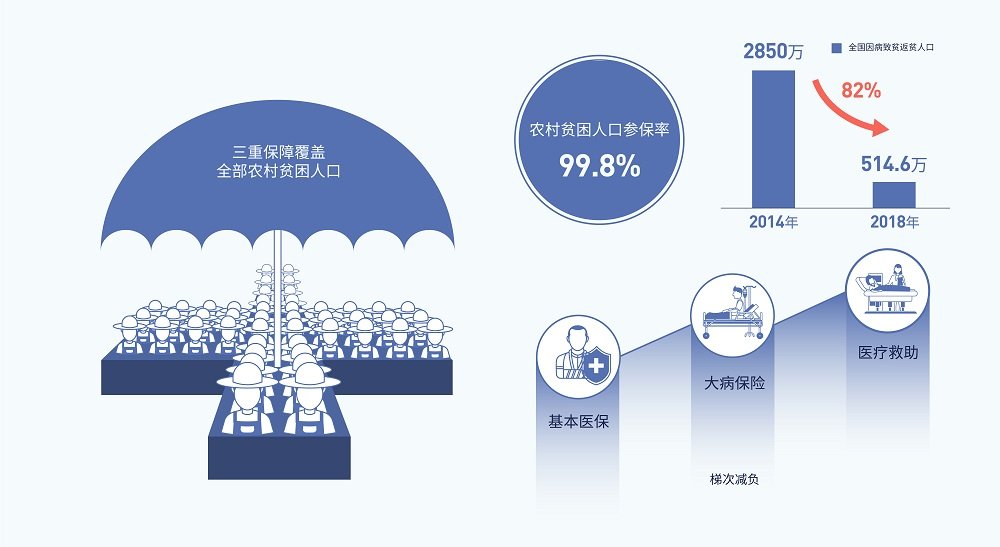
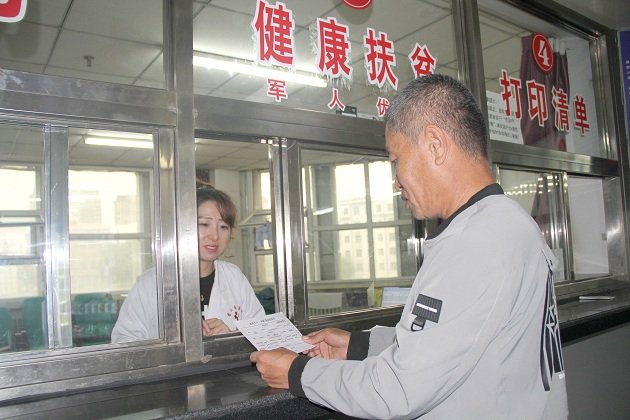
For example, rural cataract patients in poverty will be treated by the hospital designated by govt, and the treatment cost is subsidized by govt.
👇In June 2019, poor cataract patients in Gucheng village, Hefeng County, Hubei Province were treated in the county people's hospital.
👇In June 2019, poor cataract patients in Gucheng village, Hefeng County, Hubei Province were treated in the county people's hospital.
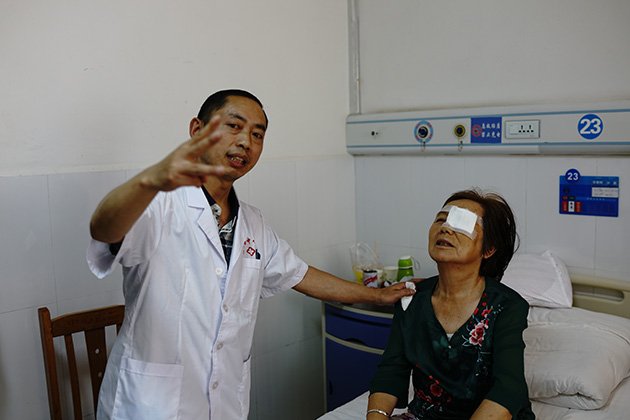
In order to improve the service capacity of county-level hospitals in poverty areas, the China govt has organized 1007 high-level hospitals from big cities to support 1172 county-level hospitals in 832 poverty counties.And remote-medicine technology is used to treat patients. 


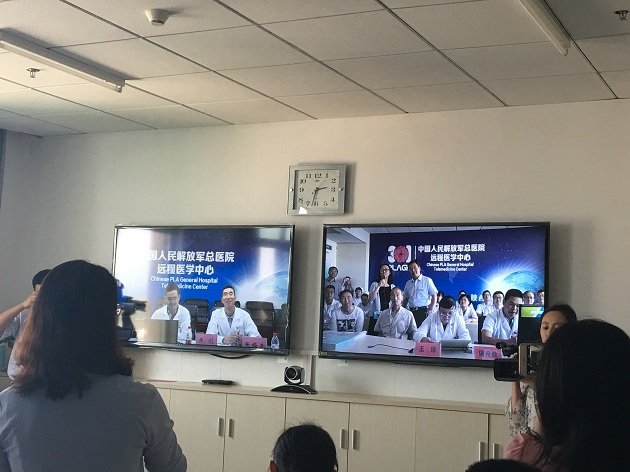


The above is a brief introduction to China's "healthy poverty alleviation".
China govt has made very great efforts to eradicate poverty.
The actual situation is much more complicated than what I have told.
I have to praise our govt.



China govt has made very great efforts to eradicate poverty.
The actual situation is much more complicated than what I have told.
I have to praise our govt.




@threadreaderapp unroll
My new thread, "health poverty alleviation of the China government".
My new thread, "health poverty alleviation of the China government".
• • •
Missing some Tweet in this thread? You can try to
force a refresh


